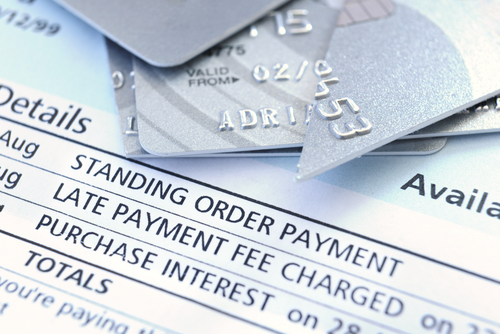A recent Consumer Financial Protection Bureau (CFPB) report found that credit card companies assessed late fees totaling $12 billion in 2020.

“Many credit card issuers have made late fee penalties a core part of their profit model,” CFPB Director Rohit Chopra said. “Markets work best when companies compete on price and service, rather than relying on back-end fees that obscure the true cost. Given their current practices, we expect that credit card issuers will hike fees, based on inflation, as limits continue to rise.”
The CFPB said late fee penalties are charged in addition to interest when a cardholder fails to make the minimum payment by the due date and noted the Credit Card Accountability Responsibility and Disclosure Act of 2009 (CARD Act) established a range of protections for cardholders.
The protections include limiting the amount credit card companies could charge for penalties such as over-the-limit fees and late fees and limits on interest rate increases.
While some of the protections have aided in reducing the total cost of credit for consumers and creating transparency on pricing, late fees continue to impact families negatively.
According to the CFPB analysis, 18 of the top 20 credit card issuers established late fees at or near the established maximum level; low-income areas, areas with high shares of Black Americans, and areas with lower economic mobility bear more of the late fee burden; and subprime credit cards and private label cards were found to be more susceptible to late fee charges.
The CFPB is encouraging consumers experiencing problems regarding credit card fees or other consumer financial products or services to submit a complaint with the agency online or call (855) 411-CFPB (2372).